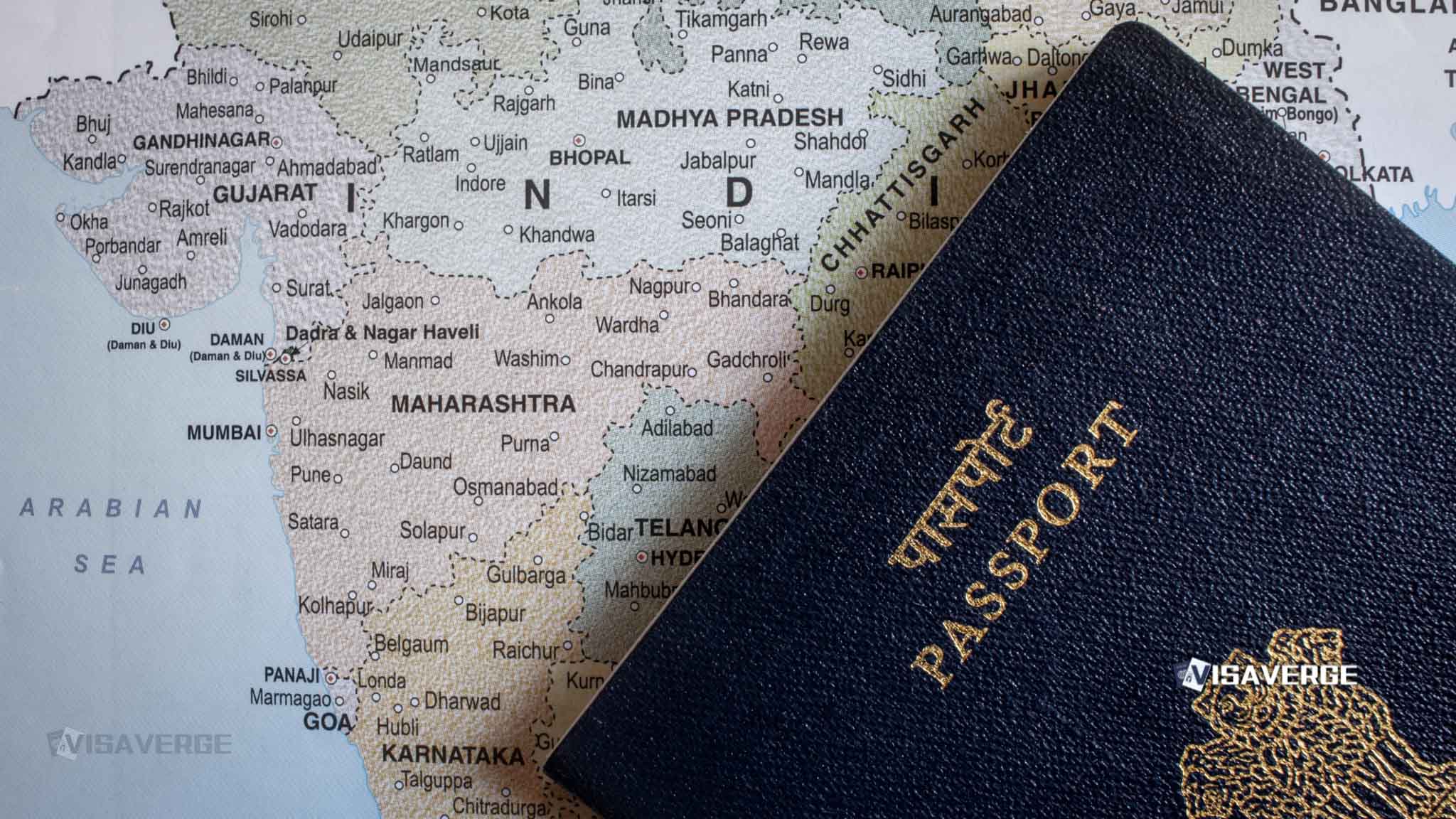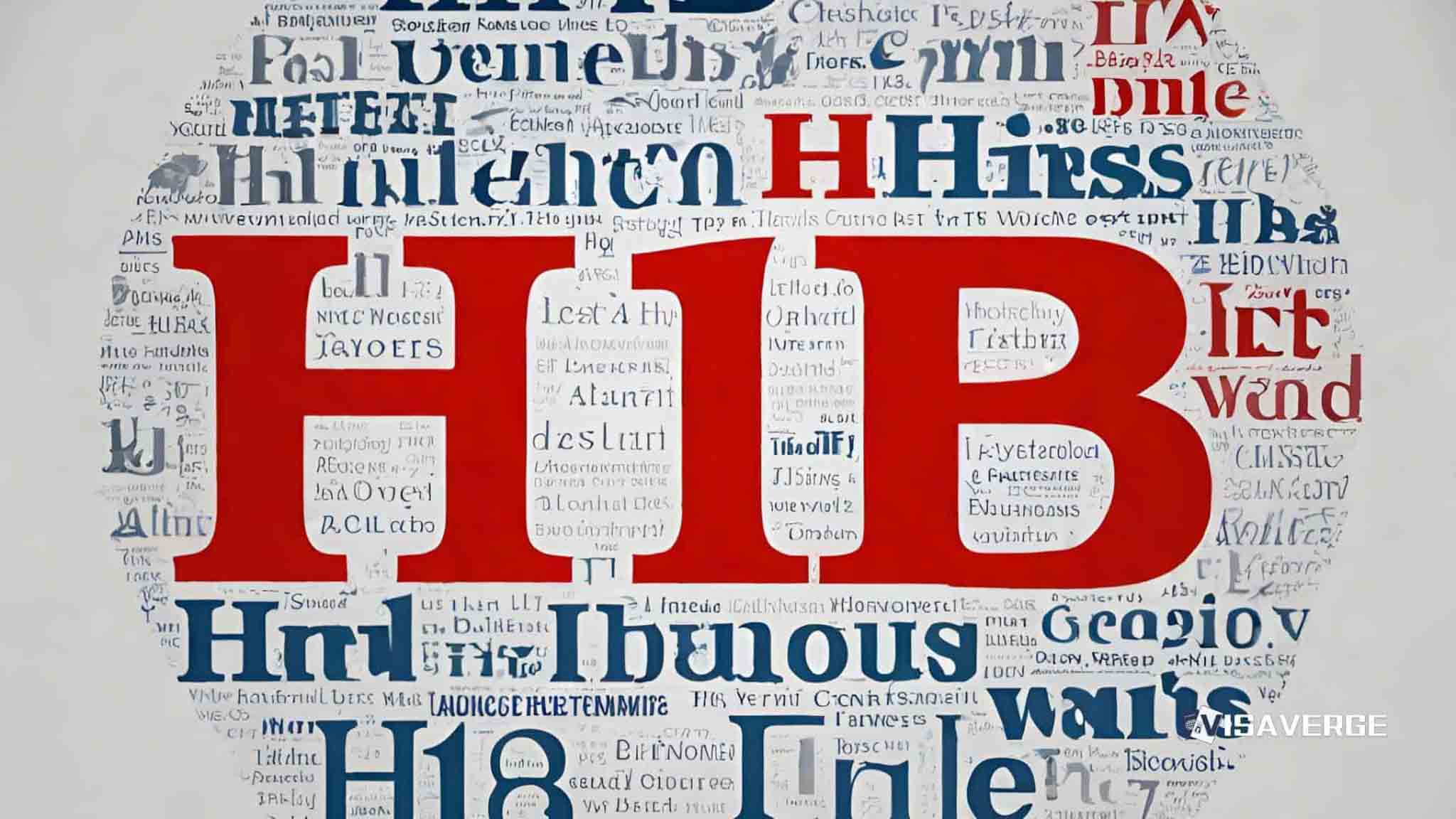Key Takeaways
• Schengen visa rejection rates for Indian applicants rose from 15% in 2024 to 18% by mid-2025.
• Indian travelers lost ₹136 crore (€16 million) in 2024 due to non-refundable visa fees on rejected applications.
• Austria has a high rejection rate despite applicants’ strong travel histories and valid UK, Canada visas.
The purpose of this analysis is to examine the growing challenges Indian travelers face when applying for a Schengen visa, with a focus on a recent high-profile case involving an Indian family denied Austria entry despite a strong travel record. This content explores the broader context of Schengen visa rejections for Indian applicants, investigates the reasons behind these trends, and considers the practical and financial impacts on families and the travel industry. The analysis also reviews current policies, recent changes, and possible future developments, offering evidence-based conclusions and practical guidance for Indian travelers.
Scope:
This analysis covers Schengen visa rejection rates for Indian applicants in 2024 and 2025, the specific case of an Indian family denied entry to Austria, the financial and emotional consequences of such refusals, and the evolving policy and procedural landscape. It draws on recent news reports, official statistics, and expert commentary to provide a comprehensive, objective overview.

Methodology:
The content is based on a review of recent news articles, official data, and statements from visa service providers. It presents key findings up front, followed by a detailed breakdown of data, trends, and comparisons. The analysis includes visual descriptions of data patterns, discusses multiple perspectives, and concludes with evidence-based recommendations. Limitations are acknowledged, including the reliance on publicly available information and the absence of detailed individual case files.
Key Findings
- Schengen visa rejection rates for Indian applicants have risen from about 15% in 2024 to 18% by mid-2025.
- Austria is among the Schengen countries with high rejection rates, even for applicants with strong travel histories.
- Indian travelers lost an estimated ₹136 crore (about €16 million) in non-refundable visa fees in 2024 alone.
- Main reasons for rejection include incomplete paperwork, documentation errors, and insufficient financial proof.
- Applicants with valid visas from countries like the UK and Canada are not guaranteed Schengen visa approval.
- Lack of transparency in the visa process leads to frustration and financial loss for families.
- No major policy relaxations have been introduced for Indian applicants as of June 2025; scrutiny has increased.
- Digital verification services are emerging to help applicants reduce errors and improve approval chances.
Data Presentation and Visual Descriptions
Schengen Visa Rejection Rates for Indian Applicants (2024-2025)
- 2024:
- Total applications: 1.1 million
- Rejections: 165,266
- Rejection rate: ~15%
- 2025 (mid-year):
- Estimated rejection rate: 18%
Visual Description:
Imagine a bar chart with two bars side by side. The first bar, labeled “2024,” reaches up to 15% on the vertical axis, representing the rejection rate. The second bar, labeled “2025 (mid-year),” is slightly taller, reaching 18%. This simple visual shows a clear upward trend in rejection rates for Indian Schengen visa applicants.
Financial Losses for Indian Applicants
- 2024:
- Total lost in non-refundable visa fees: ₹136 crore (approx. €16 million)
- Average visa fee per application: €80–€90 (about ₹8,270)
Visual Description:
Picture a pie chart where a large slice represents the total amount spent on visa fees, and a highlighted section shows the portion lost due to rejected applications. This highlights the significant financial impact on Indian families.
Countries with Highest Schengen Visa Rejection Rates
- Austria: High rejection rate, especially for Indian applicants
- France, Switzerland, Germany, Spain, Netherlands: Highest absolute numbers of refusals
- Malta: 38.5% rejection rate in 2024
- Slovenia: Over 50% rejection rate in 2024
Visual Description:
Imagine a map of Europe with countries shaded in different colors. Malta and Slovenia are in the darkest shade, showing the highest rejection rates. Austria is also shaded to indicate a high rate, though not the highest.
The Indian Family Case: Background and Broader Implications
Family Profile and Travel History
The Indian family at the center of this case had a travel record that most applicants would envy. They had visited 40 countries, held valid visas for the UK and Canada, and previously obtained Schengen visas from Switzerland, Norway, Germany, and the Netherlands. Their 2025 travel plan included 10 days in Austria and 4 days in Budapest, with both entry and exit through Vienna.
Visa Rejection and Its Consequences
Despite their strong credentials, the family’s Schengen visa application for Austria was denied. This forced them to cancel a long-planned trip meant to celebrate the mother’s 50th birthday. The rejection led to:
- Financial losses: Non-refundable visa fees and travel bookings
- Emotional impact: Disappointment and frustration, especially as the trip was meant for a special family occasion
- Change of plans: The family had to switch their destination to Thailand
Transparency and Process Concerns
The family’s experience highlights a major concern for many Indian applicants: lack of transparency in the Schengen visa process. Even with a strong travel history and valid visas from other countries, the reasons for rejection were not clearly explained. This lack of feedback makes it hard for applicants to understand what went wrong or how to improve future applications.
Policy and Procedural Landscape (June 2025)
Visa Application Process
To apply for a Schengen visa, applicants must provide:
- A valid passport
- Travel insurance covering the entire trip
- Proof of accommodation (hotel bookings or invitation letters)
- Detailed travel itinerary
- Financial statements showing sufficient funds
- Employment verification or proof of business
Key Point:
Even small mistakes—like mismatched dates, missing insurance, or unclear financial documents—can lead to automatic rejection.
Recent Policy Changes
As of June 2025, there have been no major relaxations in Schengen visa policies for Indian applicants. Instead, the trend is toward stricter scrutiny and enhanced document verification. This is meant to prevent fraud and ensure that only genuine travelers are approved.
Support Services and Solutions
To help applicants avoid mistakes, companies like Visament now offer pre-submission document checks. These services review income proofs, itinerary details, accommodation bookings, and insurance coverage before the application is submitted. According to a Visament spokesperson, even minor mismatches can cause refusals, so careful preparation is essential.
Comparisons, Trends, and Patterns
Rising Rejection Rates
- Trend: The rejection rate for Indian Schengen visa applicants has increased from 15% in 2024 to 18% by mid-2025.
- Pattern: Even applicants with strong travel histories and valid visas from countries like the UK and Canada are not immune to rejection.
- Comparison: While Austria has a high rejection rate, Malta and Slovenia have the highest percentages, with over a third and half of applications rejected, respectively.
Financial Impact
- Trend: Indian travelers are losing more money each year due to non-refundable visa fees.
- Pattern: The average cost per application is about €80–€90, and with over 165,000 rejections in 2024, the total loss is staggering.
- Comparison: This financial burden is unique to Schengen visa applicants, as many other countries offer partial refunds or more transparent processes.
Documentation and Transparency
- Trend: Documentation requirements are becoming stricter, with no room for error.
- Pattern: Lack of clear feedback on rejections leaves applicants confused and frustrated.
- Comparison: Some countries provide detailed reasons for visa refusals, while Schengen consulates often give only vague explanations.
Evidence-Based Conclusions
- Rising rejection rates for Indian Schengen visa applicants are a clear trend, with stricter scrutiny and documentation requirements.
- Even applicants with strong travel histories and valid visas from other countries face high rejection risks.
- The financial and emotional impact on families is significant, with non-refundable fees adding to the burden.
- Lack of transparency in the visa process is a major concern, making it difficult for applicants to learn from past mistakes.
- Digital verification services offer some hope for reducing errors, but they cannot guarantee approval.
- No major policy changes are expected in the short term, but ongoing dialogue between Indian and EU officials may lead to improvements in the future.
Limitations
- Data limitations: The analysis relies on publicly available news reports and official statistics. Individual case files and detailed consulate feedback are not accessible.
- Generalization: While the case of the Indian family is illustrative, each visa application is unique, and outcomes can vary based on many factors.
- Policy changes: The situation may change if new policies are introduced, so applicants should always check the latest official information.
Multiple Perspectives
Applicants’ Viewpoint
Many Indian travelers feel the Schengen visa process is opaque and inconsistent. Even with a strong travel record, they face rejection without clear reasons. This leads to frustration, financial loss, and a sense of unfairness. The case of the Indian family denied Austria entry is not unique—many others share similar stories.
Authorities’ Perspective
European consulates argue that strict documentation and verification are necessary to maintain security and control immigration, especially as travel volumes rise after the pandemic. They stress that all applicants are treated equally and that rules are applied consistently.
Travel Industry Impact
High rejection rates and financial losses discourage Indian tourists and business travelers from visiting Europe. This could affect tourism revenue and economic ties between India and Schengen countries. Travel agencies and airlines also face losses when trips are canceled due to visa refusals.
Future Outlook and Recommendations
Potential Policy Adjustments
While no official announcements have been made, ongoing talks between Indian and EU officials may lead to:
- Improved transparency: Clearer feedback on reasons for rejection
- Streamlined procedures: Simpler application processes and document requirements
- Digital integration: More use of online verification tools to reduce errors
Technological Integration
Digital platforms and automated document checks are expected to become standard. These tools can help spot errors before applications are submitted, reducing the risk of rejection.
Applicant Preparedness
Experts recommend that Indian travelers:
- Prepare documentation carefully: Double-check all forms, dates, and supporting documents
- Use professional services: Consider using document verification platforms or visa consultants
- Apply early: Submit applications well in advance to allow time for corrections or appeals
Official Resources and Contacts
For the most accurate and up-to-date information on Schengen visa rules, application procedures, and country-specific requirements, visit the European Commission’s official Schengen visa page.
Applicants seeking to apply for an Austrian Schengen visa from India should refer to the Embassy of Austria in India, which provides details on application forms, appointments, and appeals.
For those interested in document verification services, platforms like Visament offer pre-submission checks, though these are not a guarantee of approval.
Practical Guidance for Indian Travelers
- Check all requirements: Review the official Schengen visa checklist and ensure every document is complete and accurate.
- Link to forms: The main Schengen visa application form can be found on the official EU website.
- Keep records: Save copies of all documents and correspondence for future reference.
- Plan for contingencies: Be prepared for possible rejection and have backup travel plans if needed.
- Seek feedback: If rejected, request written reasons and consult with visa experts to improve future applications.
Summary
The case of the Indian family denied a Schengen visa for Austria, despite a 40-country travel history and valid UK and Canada visas, highlights the growing challenges Indian applicants face in 2025. With rejection rates rising to 18% and financial losses mounting, the need for careful documentation and professional support has never been greater. Lack of transparency and strict scrutiny remain major hurdles, but digital verification services and ongoing policy discussions offer some hope for the future. Indian families planning to visit Schengen countries should prepare thoroughly, use available resources, and stay informed about the latest requirements.
As reported by VisaVerge.com, the Schengen visa process for Indian applicants is likely to remain demanding in the near term, making careful preparation and expert guidance essential for a successful outcome.
Learn Today
Schengen visa → A permit allowing travel across 26 European countries without border checks within the Schengen Area.
Visa rejection rate → The percentage of visa applications denied by consulates or embassies during a specific period.
Non-refundable visa fees → Application charges that are not reimbursed if the visa request is denied.
Documentation errors → Mistakes or omissions in submitted documents that lead to visa application refusals.
Digital verification services → Online platforms that check visa application documents for accuracy to reduce errors and improve approval chances.
This Article in a Nutshell
Indian Schengen visa rejection rates rose to 18% in 2025, causing €16 million financial losses. Even strong applicants face denials. Lack of transparency worsens frustration, while digital services help prepare better. This analysis highlights ongoing challenges and recommends careful documentation and early application for successful travel planning.
— By VisaVerge.com













